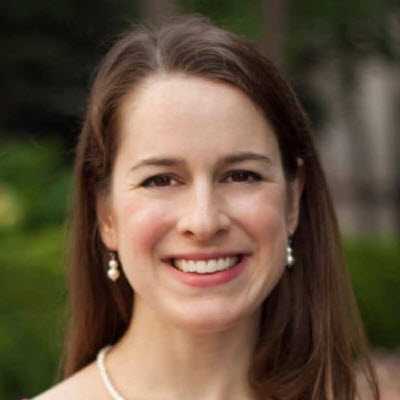“This should work!” Reading between the lines of a new study looking at how to make the most of effective elementary teachers, it seemed pretty clear that even its dispassionate authors, Kevin Bastian and C Kevin Fortner (of UNC Chapel Hill and Georgia State University, respectively) were taken aback by their results.
How come? The lack of any positive results from a North Carolina experiment in which some elementary teachers were allowed to specialize in one or two elementary subjects rather than teach all four. By having teachers focus on a few subjects that they’re good at, Bastian and Fortner—and us, as well—expected their students to benefit.
They didn’t.
The teachers, who had strong track records in their specialized subjects, actually became measurably less effective than they had been as generalists. And the more they specialized—such as teaching only one subject instead of two—the less effective they became. And their downturn didn’t improve even after a few years under the new structure.
There was one exception. Elementary teachers who specialized in science were more effective than they were as generalists and continued to become more effective in their second year. In English and math, specialization just proved counterproductive.
For a plausible explanation, the authors look to Roland Fryer’s 2016 specialization experiment, which also found null or negative effects, and hypothesize that for younger kids, their relationship with their teacher plays a primary role in their academic success.
We add to that sensible hypothesis the fact that having multiple teachers share responsibility for a single classroom also reduces their own instructional flexibility. When teachers share the school day, the math teacher is less likely to steal ten minutes from the social studies period, no matter how important.
The clear implication for school districts is that they should reconsider asking elementary teachers to specialize, even in their best subjects. And for all those policymakers and teacher prep programs advocating that we move to math specialization in the elementary years so that many teachers don’t have to tackle their math phobias, think again.
More like this

In the eye of the beholder: What happens when teachers think the curriculum is too tough for students?

Linking teachers’ instructional choices to student success

Gambling with children’s futures—and no one’s tracking whether we win or lose


